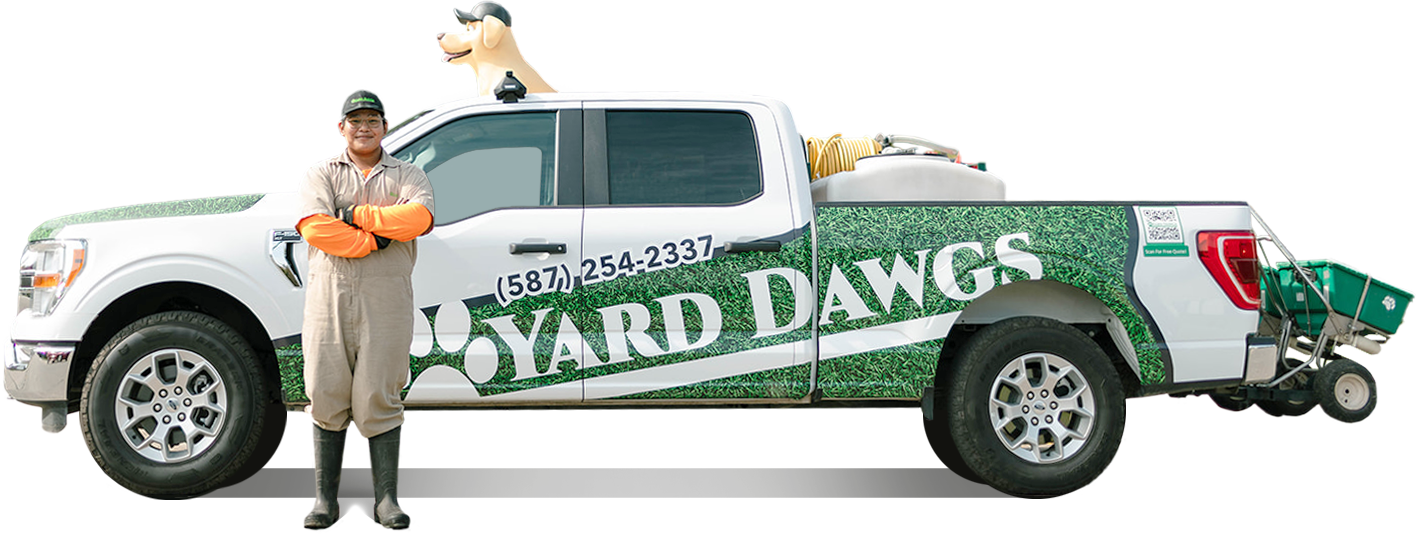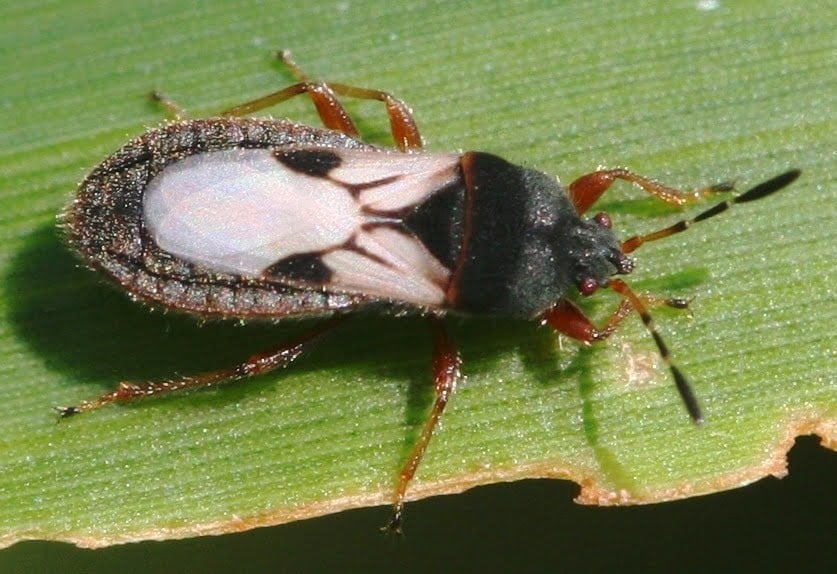




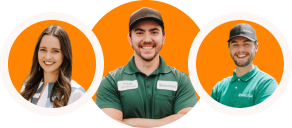
Have questions about your services?
We will email you back within a few hours on a working day
Transform your lawn
Talk to a lawn
specialist
Address
Name
Contact
Service
Our Blogs
Our thoughts, Views and Everything

Blog: Why Do You Need To Fertilize Your Lawn Every Year?
The frigid winter season has finally let go of it’s chilly grasp. You peek outside at your lawn through your lightly frosted window, and you are greeted with a crisp blue sky, the sound of birds chirping and the warmth of the sun just bright enough to reflect off the melting snow. You think to yourself “spring is coming” and let out a sigh of relief.
But then, something catches your eye. In the midst of this spring awakening, the green grass you left behind last fall shows itself as a dull, ugly brown underneath the melting patches of snow. All of a sudden, something else crosses your mind … “should I be fertilizing my lawn?”
This thought is common amongst many homeowners in early spring or at the tail end of winter. The first thing we want to do is to ensure that we will have a beautiful, thick green lawn to enjoy in the later spring, throughout the summer and well into the fall season. The good news is that your train of thought is spot on - proper fertilization is a key component to obtain a healthy, green, robust lawn.
In fact, the benefits of fertilization are rooted deeper than just an aesthetically pleasing lawn. Fertilization is much more powerful, and in this article we will breakdown what fertilizer is and main reasons why you should make fertilization a must-have on your lawn care to do list every year.
-
What Exactly Is Lawn Fertilizer?
In simple terms, lawn fertilizer is a delicate mix of organic substances formulated to provide optimal nutrition for your lawn. While there are naturally occurring nutrients in your soil, many of these nutrients are not available in sufficient amounts for a thriving, beautiful lawn.
There are a total of 18 essential nutrients your lawn needs. Fertilizer most often comes in the forms of small, nutrient-dense pellets packed with nutrients and other components beneficial for your lawn.
The nutrients that are most important to supplement in your soil that are replenished with fertilizer are nitrogen, phosphorus and potassium (known as NPK). These nutrients help with root and shoot growth, seed formation and help resist drought and diseases. Other crucial components of fertilizer include acidic or basic components to balance the soils pH.
How Can I Tell If I Need To Fertilize My Lawn?
The best way to determine the needs of your lawn is through a soil test.
A soil test can be thought of like a blood test but for your soil. With soil testing, a small amount of soil is extracted and tested for NPK, acidity and water content. Rather than eye-balling your soil’s nutrient needs, a soil test digs deeper into the root of your soil’s problems.
After you have a precise understanding of your soil’s needs, you can tailor your fertilization for best results. For example, some soils will require more potassium or nitrogen, whereas other will require more basic components to increase the soil’s pH.
At Yard Dawgs, our top-notch soil testing technologies allow us to precisely understand your lawn’s needs so that we use the right product to create a customized fertilization plan for your lawn to thrive.
How Does Fertilizer Serve As Optimal Nutrition For Your Lawn?
Like us, soil is a living, breathing organism that requires proper nutrients for optimal health. In fact, soil is also home to trillions of other living organisms known as microorganisms. These microorganisms establish a commensal relationship with the soil. For example, some types of microorganisms will break down nutrients that the soil can’t break down itself. Others will help extend the roots of grass in the soil, allowing it to increase its reach of available nutrients by 700%.
As mentioned above, your soil requires 18 essential nutrients. While elements such as oxygen, carbon and water are satisfied with the abundance of fresh air and rainwater or irrigation, soil (especially residential soil) is often deficient in nitrogen, phosphorus and potassium (NPK).
This deficiency usually arises because of frequent watering or irrigation which depletes the soil of these valuable, water-soluble nutrients. With these suboptimal conditions, your lawn becomes deficient in NPK and results in dull, frail grass which is more susceptible to infections and weeds.
Acid-base balance also plays an important role in soil health. A delicate pH balance is necessary to make sure helpful microorganisms are kept healthy and happy and for optimal root and shoot growth. A soil environment which is too acidic ( or has a low pH) can make the soil inhospitable for microorganisms or damage roots, resulting in an unhealthy lawn.
This means that fertilization is key when it comes to supplementing these nutrients and restoring balance to help maintain a healthy, nourished and thriving lawn.
Special types of acidic compounds such as humic acid and fulvic acid added can help with nutrient retention and digestion. These soil conditioners are found in Yard Dawgs higher end lawn care packages to optimize soil health and grass growth.
How Does Fertilizer Protect Against Weeds In Your Lawn?
When we properly nourish our own body with healthy foods, we are stronger, healthier and less prone to infections or illnesses. The same applies to lawncare where proper fertilization can help your lawn thrive and fend off notorious weeds and invasive insects.
Weeds establish themselves in weaker areas of soil which are depleted in nutrients. Eventually, these invasive weeds can take over your entire lawn by “choking out” grass as they compete for nutrients and water. If not addressed, weeds can spread extremely fast and if it reaches the point of no return, entire lawns may need to be re-sodded or harmful chemicals may need to be applied to the lawn.
A proper defense against these notorious weeds is a thick, healthy robust lawn. This means that fertilizer is a proactive, or preventative approach to weed control. With a healthy, fertilized lawn, it is much more difficult for weeds to find weak spots and discourages weeds from propagating in the first place.
For extra protection, you can always apply a small amount of weed control with your fertilizer. This double-duty protection can save you time and money with a clear conscience knowing you will enjoy a beautiful, thriving weed-free lawn.
Fertilizer Is The Best Protection For Your Investment!
Even before your first fertilizer application, we know that you have put in time, effort and money into your lawn. Whether you’ve purchased a new lawnmower or have even laid down brand-new sod, fertilization is the best bet to protect the investment you have already made in your lawn’s health.
The longer you wait for your first fertilization application, the more money you will need to fork over to recover the amount of nutrients lost over the seasons. In fact, for each year of fertilization missed, it can take up to three years of fertilization applications to replete the amount of nutrients lost.
The worst case scenario and the greatest fear of homeowners is that if you wait too long to fertilize, your soil can become unresponsive to fertilization treatments. In this case, you may need to re-sod your entire lawn to replace the unhealthy soil.
For those who think in numbers: the cost of re-sodding an average sized Calgary lawn is often over $5,000 but the cost of professional fertilization services is only $200-250 per year for the average lawn!
The Bottom Line - To Fertilize Or Not To Fertilize?
Let’s quickly recap everything we have gone over in this article:
- Fertilization provides optimal nutrition for your lawn. Residential lawns are often depleted in key nutrients, such as nitrogen, phosphorus and potassium (NPK) and can be too acidic. Fertilization helps supplement these nutrients and restore balance for a healthy, thriving, green lawn.
- Fertilization is a proactive solution to weed-control. A robust, thick lawn is less likely to have weak spots in the soil which makes it less susceptible to invasive weeds or infectious insects.
- Fertilization protects your investment. To prevent soil depletion, it is crucial to fertilize your lawn as soon as possible to avoid the cost of re-sodding your lawn.
Ultimately, investing in fertilization provides you with returns beyond a healthy, green, thriving weed-free lawn. It will save you money in the long-term by warding off weeds and infectious diseases by maintaining a robust, healthy soil for grass to grow for seasons to come.
Ready to fertilize? Yard Dawgs provides top notch fertilization services which includes high quality fertilizers and customized packages for your lawn’s needs.
.png?height=600&name=Untitled%20design%20(5).png)
Hi, I'm Clare Ottenbreit
Clare Ottenbreit is the Yard Dawgs Content Manager. In her Marketing role she coordinates and manages content, social media engagement and blogs. Clare has a diploma in Journalism from the Southern Alberta Institute of Technology. In addition to working with Yard Dawgs, she is an avid hiker and runner.
Popular Posts
-
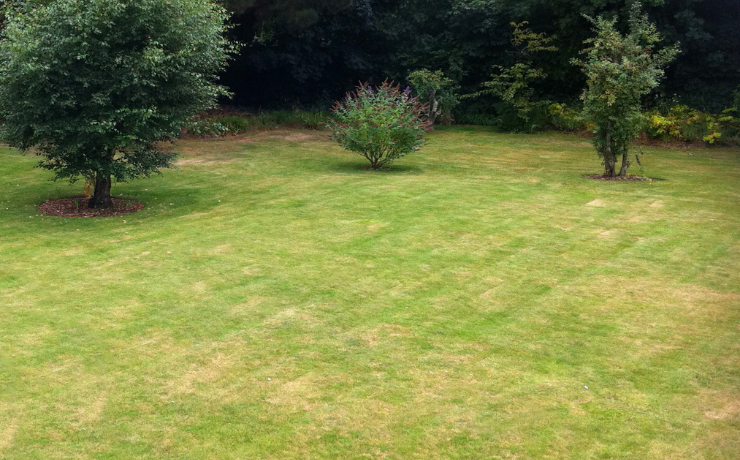 When Does Chinch Bug Damage Appear? After the first bout of extremely hot weather, chinch bug damage often appears. If there is living grass...
When Does Chinch Bug Damage Appear? After the first bout of extremely hot weather, chinch bug damage often appears. If there is living grass... -
 The silent killers from the East have unfortunately found their way to the West. The hairy, black, white and orange spotted insect known as the...
The silent killers from the East have unfortunately found their way to the West. The hairy, black, white and orange spotted insect known as the... -
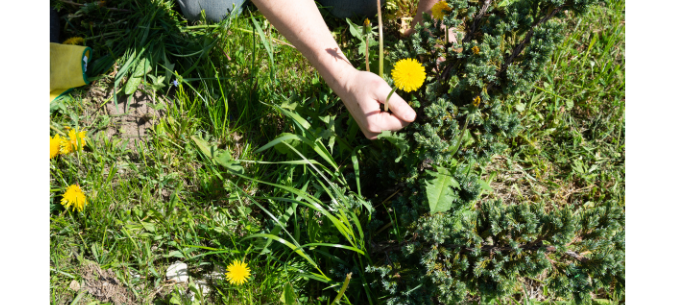 When To Put Weed Control On Lawn
When To Put Weed Control On Lawn -
 Your dog’s urine is killing your lawn because of the nitrogen content in their pee. Applying excess amounts of nitrogen to your grass will cause the...
Your dog’s urine is killing your lawn because of the nitrogen content in their pee. Applying excess amounts of nitrogen to your grass will cause the...




